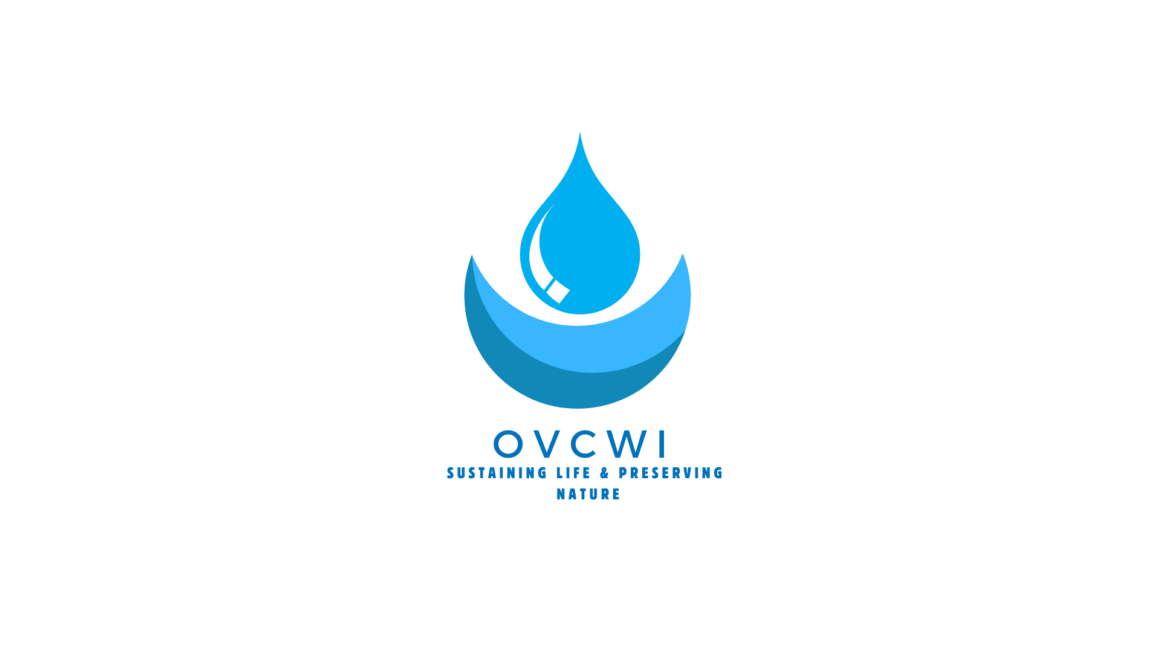Monitoring and evaluating progress is a crucial process that involves continuously tracking and assessing the progress and performance of an organization towards its set goals and objectives. It is an ongoing and essential aspect of effective organizational management and allows for the identification and correction of potential problems and challenges.
Regular monitoring involves keeping a close eye on the organization’s activities, performance, and outcomes. This can be done through various means such as data collection, observation, surveys, and interviews. By collecting and analyzing relevant data, an organization can determine what works and what does not, and make informed decisions about necessary changes to achieve its goals.
Evaluation, on the other hand, involves the systematic assessment of an organization’s progress towards its objectives. This assessment is essential in determining whether the strategies and initiatives implemented by the organization are effective and cost-efficient. Through evaluation, an organization can determine the impact of its activities on different stakeholders, such as employees, customers, and the community at large.
Regular monitoring and evaluation of an organization’s progress also provide an opportunity for reflection and learning. It allows for the identification of any gaps or areas that require improvement. By understanding where improvements are needed, an organization can adjust its strategies and make necessary changes to achieve its goals more effectively.
One of the primary benefits of regular monitoring and evaluation is that it helps in reporting to stakeholders and potential donors. Stakeholders and donors are interested in seeing the impact of their investment in an organization. By providing them with regular updates on the progress and outcomes, an organization can demonstrate accountability and build trust, which is crucial for maintaining long-term partnerships.
In conclusion, regular monitoring and evaluation are vital elements of effective organizational management. It allows for the identification of potential problems and areas that require improvement, and provides an opportunity for reflection and learning. Additionally, it helps in reporting to stakeholders and potential donors, demonstrating transparency and accountability. By incorporating regular monitoring and evaluation into its operations, an organization can ensure that it stays on track toward achieving its goals and fulfilling its mission.
Discover more from Omo Valley Clean Potable Water Initiatives
Subscribe to get the latest posts sent to your email.


